
Product
LINORMA T3 20mcg Tablet 100’s
₹1,580.00Current price is: ₹1,580.00. Original price was: ₹1,800.00.
LINORMA T3 20mcg Tablets are designed to support thyroid health and metabolic function. Each pack contains 100 tablets, providing a reliable supply for individuals seeking to maintain optimal hormone levels. With a precise dosage of 20mcg per tablet, LINORMA offers a convenient solution for managing thyroid-related concerns. Whether you’re looking to enhance your energy levels, support weight management, or improve your overall well-being, LINORMA T3 is formulated to help you feel your best. Trust LINORMA for quality thyroid support you can rely on.
Add to cart
Buy Now
- Description
- Shipping
- Reviews (0)
- Questions & Answers
- Vendor Info
- More Products
- Other Available Vendor
- Product Enquiry
INTRODUCTION ABOUT LINORMA T3 TABLET
LINORMA T3 TABLET contains Liothyronine which belongs to the group of medicines called Anti- thyroid agents. It is used for mild to severe hypothyroidism (thyroid gland does not produce enough hormone) and enlarged thyroid gland (simple goiter). LINORMA T3 TABLET is a synthetic form of a hormone produced by the thyroid gland called triiodothyronine.
LINORMA T3 TABLET is not recommended for patients with heart problems. It should be used with caution in patients with uncorrected adrenal gland under-activity, problem with thyroid (myxedema), or adrenal or pituitary gland, high blood sugar, bone thinning and blood clotting problem. Consult your doctor if you are a pregnant or a breastfeeding women.
The common side effects of taking this medicine are headache, excessive sweating, fatigue, increased appetite, weight loss, fever and diarrhea. Consult your doctor if any of the above side persists for a longer duration.
USES OF LINORMA T3 TABLET
It is used for:
- mild to severe hypothyroidism (thyroid gland does not produce enough hormone)
- enlarged thyroid gland (simple goiter)
HOW LINORMA T3 TABLET WORKS
Thyroid hormones exert their physiologic actions through control of DNA transcription and protein synthesis. Triiodothyronine (T3) and L-thyroxine (T4) diffuse into the cell nucleus and bind to thyroid receptor proteins attached to DNA. This hormone nuclear receptor complex activates gene transcription and synthesis of messenger RNA and cytoplasmic proteins. The physiological actions of thyroid hormones are produced predominantly by T3, the majority of which (approximately 80%) is derived from T4 by deiodination in peripheral tissues.
DIRECTIONS FOR USE
Take LINORMA T3 TABLET as advised by your physician. Swallow the medicine with a glass of water. Do not crush or chew the medicine. Your doctor will decide the correct dose and duration depending upon your age, body weight and disease condition.
SIDE EFFECTS OF LINORMA T3 TABLET
COMMON
- headache
- excessive sweating
- fatigue
- increased appetite
- weight loss
- fever
- nervousness, anxiety, irritability
- insomnia
- cardiac arrhythmias (heartbeat which are irregular or too fast)
- angina pectoris (chest pain)
- diarrhea
- menstrual irregularities (women)
HOW TO MANAGE SIDE EFFECTS
![]()
Headache
Drink ample amount of water and avoid skipping meals. Get adequate rest. Try to be relaxed and stress free. Apply pain relieving balm on your forehead if necessary. Consult your doctor if the symptom does not improve.
WARNING & PRECAUTIONS
![]()
PREGNANCY
Consult your doctor
Thyroid hormones do not readily cross the placental barrier. The clinical experience does not indicate any adverse effect on fetuses when thyroid hormones are administered to pregnant women. Thyroid replacement therapy to hypothyroid women should not be discontinued during pregnancy. Consult your doctor before taking the medicine.
![]()
BREASTFEEDING
Use with Caution
LINORMA T3 TABLET should be used with caution in breastfeeding women. Consult your doctor before taking the medicine.
![]()
KIDNEY
Use with Caution
LINORMA T3 TABLET should be used with caution in patients with kidney disease. Consult your doctor before taking the medicine.
![]()
LIVER
Contraindicated
LINORMA T3 TABLET is not recommended for use in patients with acute liver diseases or increased serum transaminase levels. Consult your doctor before taking the medicine.
![]()
ALLERGY
Contraindicated
Do not take LINORMA T3 TABLET if you are allergic or hypersensitive to or any other ingredients of this medicine.
![]()
HEART DISEASE
Consult your doctor
LINORMA T3 TABLET is not recommended for patients with acute myocardial infarction (heart attack). It should be used with caution in patients with angina pectoris (chest pain). Consult your doctor for advice.
![]()
USE IN PEDIATRICS
Monitoring required
Clinical assessment of growth, development, and thyroid status should be monitored frequently in children. Consult your doctor for advice before giving to your child.
![]()
USE IN GERIATRICS
Use with Caution
LINORMA T3 TABLET should be caution in patients with impaired renal function. Care should be taken in dose selection and renal function should be monitored.
OTHERS
LINORMA T3 TABLET is not recommended if you have:
- uncorrected adrenal gland under-activity
- a history problem with thyroid (myxedema), or adrenal or pituitary gland
- high blood sugar (diabetes)
- decreased development of sexual organs (hypogonadism)
- bone thinning (osteoporosis)
- blood clotting problem
INTERACTIONS
A. Drug-Drug interactions:
Before taking LINORMA T3 TABLET, inform your doctor if you are taking any of the following:
- blood thinner (used to thin blood)
- medications for high cholesterol levels such as lovastatin, cholestyramine, clofibrate
- medications for high blood sugar or insulin
- medications that contain estrogen such as estrogens and estrogen-containing oral contraceptives (birth control pills)
- amiodarone
- medicines that contain iodine such as radiographic
- contrast agents
- heroin/methadone
- 5-fluorouracil, mitotane, tamoxifen
- tricyclic antidepressant such as imipramine (used for depression)
- digoxin (used for heart problems)
- cyokines such as interferon-alpha, interleukin-2
- growth hormones
- ketamine
- theophylline
- diazepam
- ethionamide
- metoclopramide
- perphanazine
- resorcinol (topical products)
- para-aminosalicylate sodium
- androgens (male hormones)
- corticosteroids (prednisone, dexamethasone)
Overdosage:
If you or anyone else accidentally took more LINORMA T3 TABLET consult your doctor immediately or nearby hospital.
SYNOPSIS
| Drug | : | Liothyronine |
| Pharmacological Category | : | Anti-thyroid agents |
| Therapeutic Indication | : | Mild to severe hypothyroidism, Enlarged thyroid gland |
| Dosage Forms | : | Tablet |
MORE INFORMATION
- Keep LINORMA T3 TABLET out of reach of children
- Store LINORMA T3 TABLET at room temperature
FAQs ABOUT LINORMA T3 TABLET
Q: What is LINORMA T3 TABLET used for?
A: It is used for mild to severe hypothyroidism (thyroid gland does not produce enough hormone) and enlarged thyroid gland (simple goiter). LINORMA T3 TABLET is a synthetic form of a hormone produced by the thyroid gland called triiodothyronine.
Q: How and when to take LINORMA T3 TABLET?
A: Take LINORMA T3 TABLET as advised by your physician. Swallow the medicine with a glass of water. Do not crush or chew the medicine. Your doctor will decide the correct dose and duration depending upon your age, body weight and disease condition.
Q: What to do if I forgot to take a dose of LINORMA T3 TABLET?
A: If you forgot to take a dose of LINORMA T3 TABLET, take it as soon as you remember. However, if it is time for the next dose of LINORMA T3 TABLET, skip the missed dose and take the next one regularly. Do not take a double dose of LINORMA T3 TABLET to compensate the missed ones.
Q: Can I stop taking LINORMA T3 TABLET without consulting the doctor?
A: No. You should not stop taking LINORMA T3 TABLET without consulting the doctor because it may cause some side effects.
Q: Will taking a higher dose of LINORMA T3 TABLET be more effective?
A: No, taking a higher dose of LINORMA T3 TABLET will not be effective. Always stick to the dose and duration prescribed by your doctor.
Q: What precautions do I need to follow while taking LINORMA T3 TABLET?
A: LINORMA T3 TABLET is not recommended for patients with heart problems. Consult your doctor for advice.
Q: How much LINORMA T3 TABLET should I take?
A: LINORMA T3 TABLET should be used only under medical supervision. Your doctor will decide the correct dose and duration of therapy for you depending upon your age, body condition and severity of the disease condition.
Only logged in customers who have purchased this product may leave a review.
Loading...
Vendor Information
- No ratings found yet!
-6%
Thyronorm 50mcg Tablet 120’S
₹130.00Current price is: ₹130.00. Original price was: ₹138.54.
-18%
-11%
-2%
Mega Freeflex Tablet 10’S
₹560.00Current price is: ₹560.00. Original price was: ₹571.00.
-4%




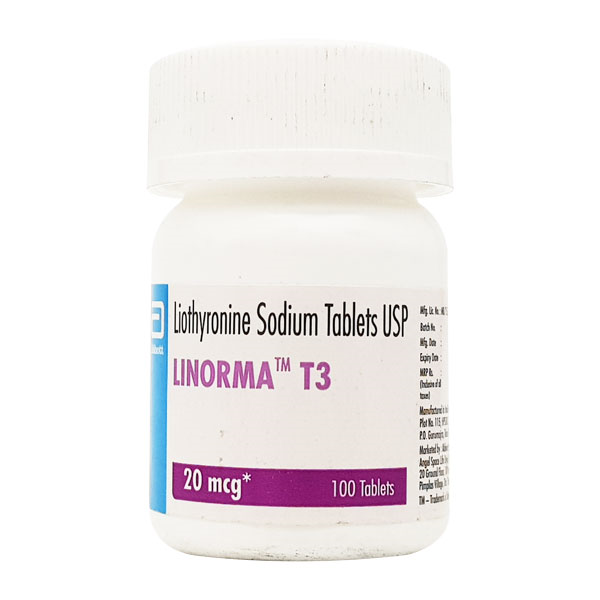


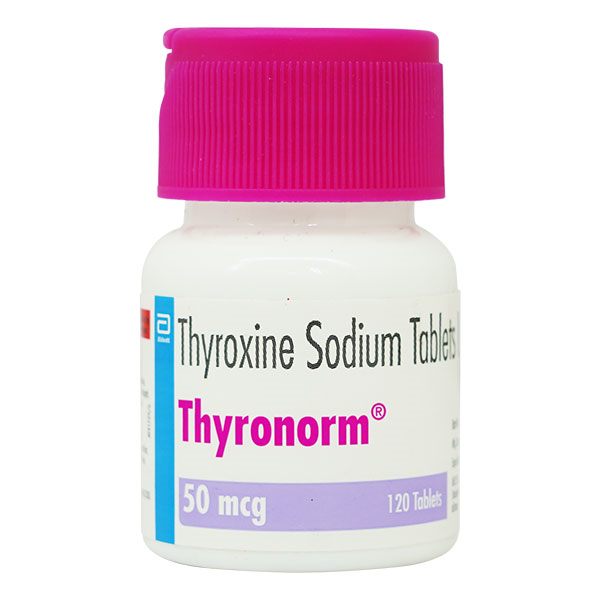

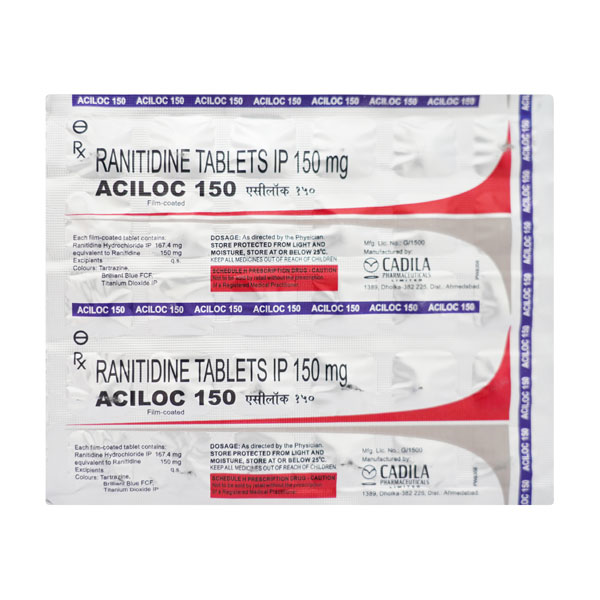
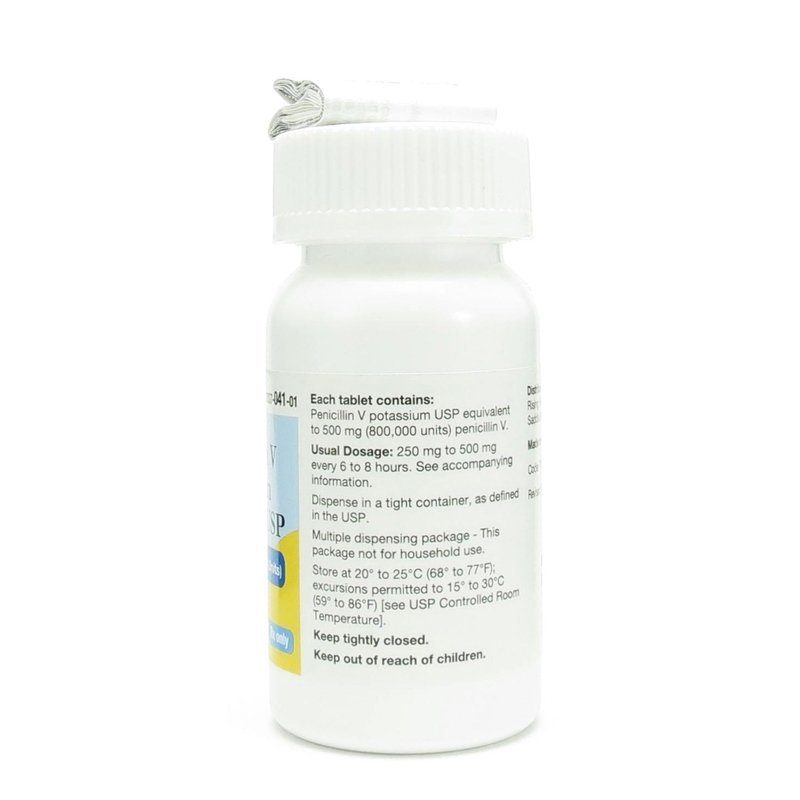

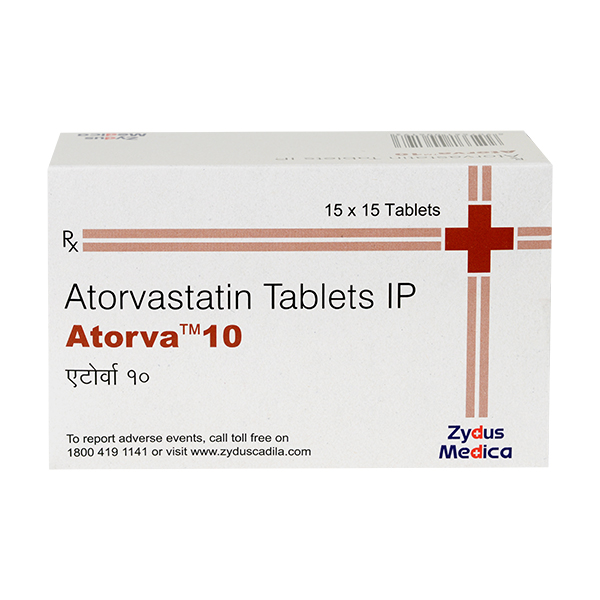

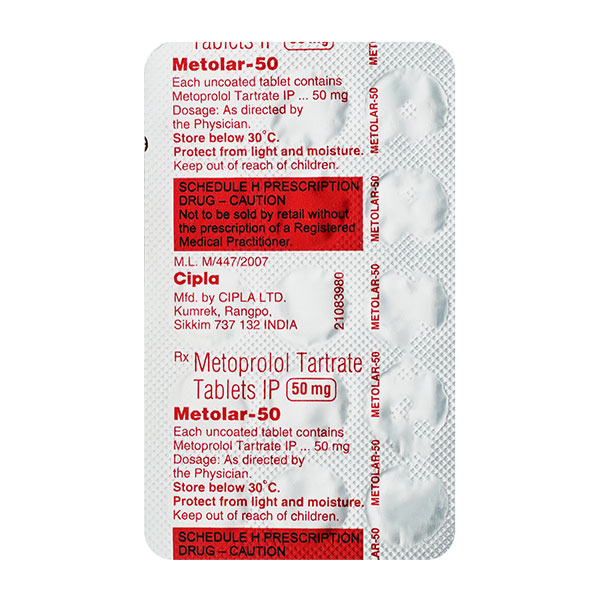
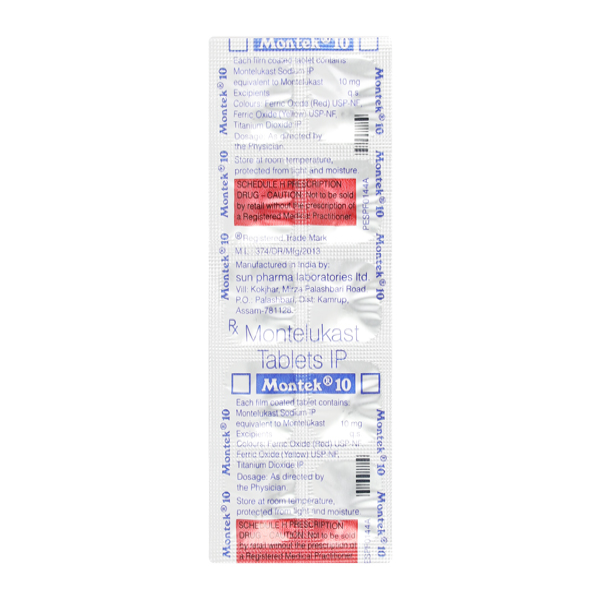
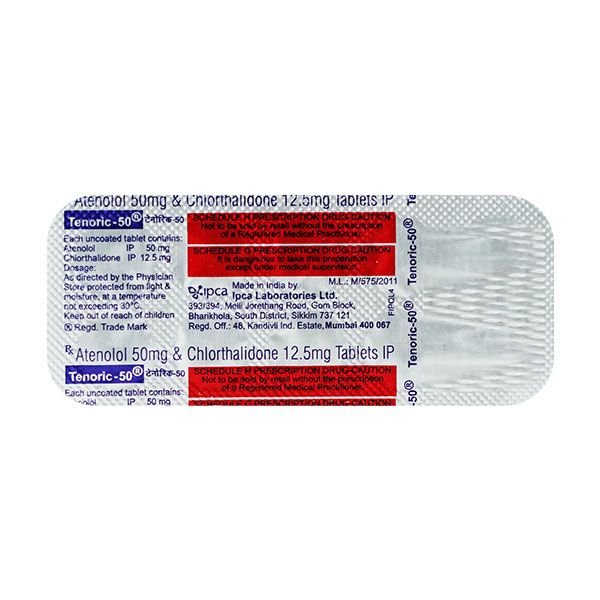
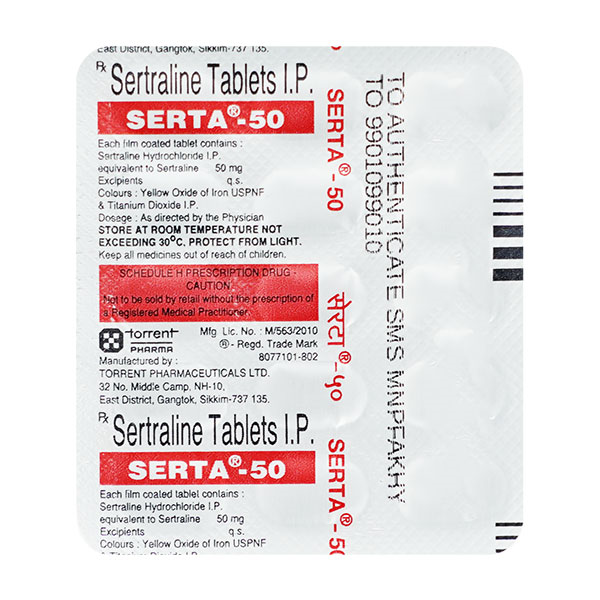
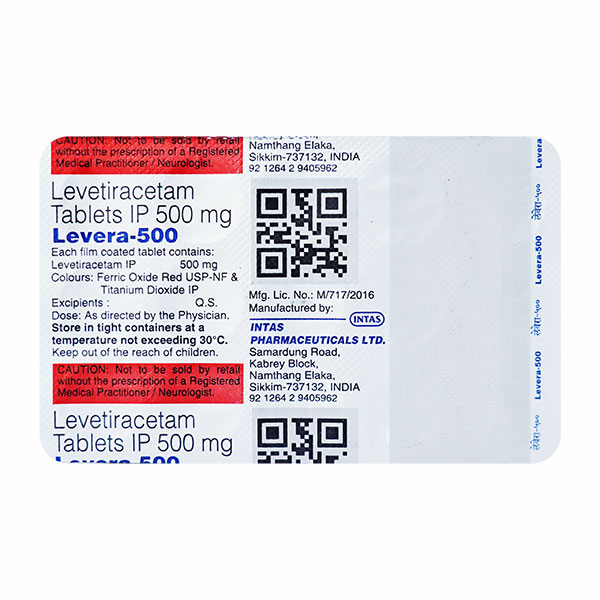

Reviews
There are no reviews yet.